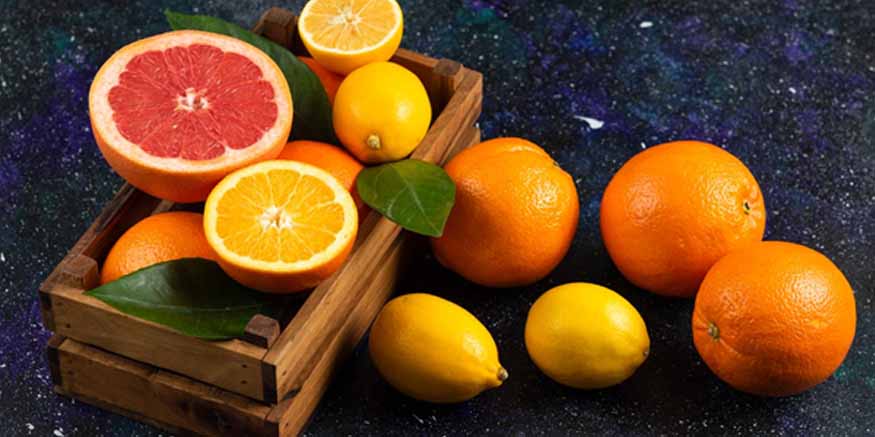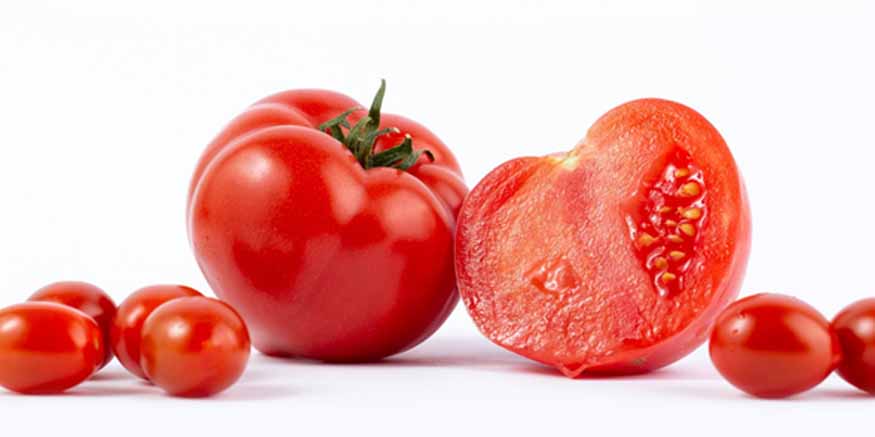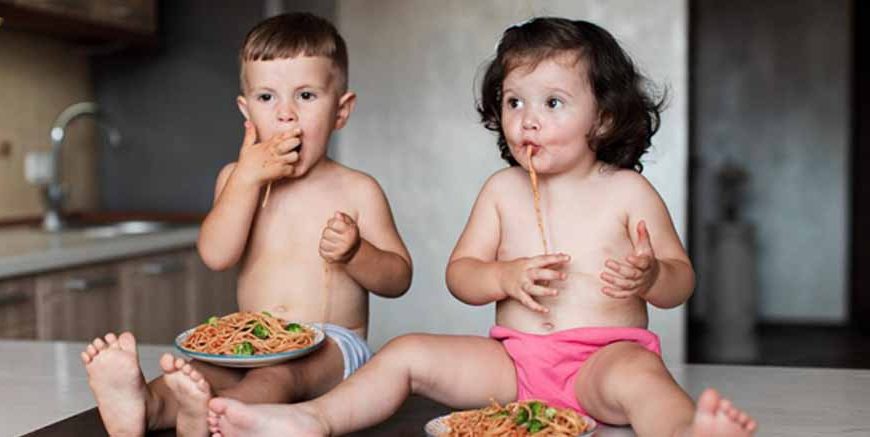Like all parents, we always strive to give our little ones the best and this time it’s all about the food they eat. However, including new foods into the babies’ diets can sometimes cause other reactions, for instance, skin rashes. The first point about feeding the infants with iron found seeds and nuts more damaging to the skin than other foods because they cause skin irritation. Ten foods you should avoid feeding your baby as well as guidelines on how to introduce them in the diet will be highlighted in this article.
Table of Contents:
Foods That Cause Diaper Rash
One skin problem that often bothers parents of babies is diaper rash, some foods make it worse. Acidic foods or any kind of food that has a quick digestion cycle may cause rashes to a baby’s tender skin.
- Strawberries: They are tasty berries containing vitamin C, but they may cause mild acidity in babies. Despite the benefits the natural acids can cause the skin around the diaper area to become red and uncomfortable.
- Pineapple: A fruit that is acidic that can lead to this condition is this one again Another fruit that can lead to diaper rash. Sweet potatoes contain a lot of sugar and this can cause diarrhoea which will only worsen the skin condition.
- Dairy products: In the case of babies with sensitive digestive systems, dairy products make them prone to require frequent nappy changes because of diarrhoea.
- Oranges: Citrus fruits such as oranges have a tendency to produce acidic reactions in a baby’s digestive system and skin. In some cases, babies can have a rash around the mouth or around the diaper area after having oranges or orange juice.
- Lemons and Limes: Some of these fruits have very low pH and therefore similar effects as oranges can be observed. Detectable amounts of citric acid are present even in diluted lemon or lime juice and they can cause skin reactions in babies.
- Fresh Tomatoes: They also contain some degree of acidity thus can lead to development of rashes mainly on the mouth and chin. It is also not advisable for babies to take tomatoes though some babies may develop rashes on their diapers.
- Tomato-based Products: Tomato sauces, soups and other sorts of products that contain tomatoes also produce the similar effects as the actual tomatoes themselves. In some situations, concentrated product might predetermine its usage with increased chances of a reaction.
- Curry and Other Spicy Dishes: Some of the foods that should be avoided include curry, chili powder, pepper since they have a worsening effect on a baby’s digestive system causing skin rash. They can also cause some irritation to the skin in areas that closely interface with the mouth such as the lips.
- Garlic and Onions: While not necessarily ‘hot’ they contain very strong flavours that may sometimes result in skin rashes in sensitive babies especially when fed a lot of it.
- Bread and Cereals: Wheat products can bring out skin rashes in babies who are sensitive or allergic to gluten. It appears as clearer giant patches similar to eczema and may occur at any part of the body.
Regarding feeding your baby, be careful when introducing the foods listed below and even use small portions to observe the effects on the baby. If there are always signs of this rash, then it might be wise to limit the number of servings or the servings per day for these foods that your baby takes.
a. Citrus Fruits

Citrus fruits probably contain many vitamins among them vitamin C, but to parents’ dismay citrus fruits can cause skin rashes in babies.
When using citric for the first time, steep it in small quantities in water then consume it. For instance, you may dilute a drop of orange juice using water or breast milk and feed her with it occasionally. As a rule, do not rush to swim with a rash or if your child feels uncomfortable – always consult your paediatrician.
b. Tomato

It is a versatile vegetable used daily in most kitchens, although its application may cause red rashes on the skin of some babies.
In case you want your baby to eat tomatoes, it is preferred that you feed him/her well-cooked tomatoes since this vegetable is acidic. If a parent wishes to embark on new foods this should be carried out in small quantities and a single food at a time as they observe possible signs of the allergic reaction.
c. Spicy Food Items
Spicy food may on occasions be found in baby food or pass through the breast milk if the mother consumed foods with spices.
Most paediatricians advise against giving babies under one year of age spicy foods. For breastfeeding mothers, if you realize the baby becomes restless or develops a rash after you have eaten foods rich in spices, you should avoid such foods.
d. Wheat Products

Wheat is among the food that triggers allergies in babies and the mentioned skin rashes can be exhibited as a result of wheat allergies.
When introducing wheat products, therefore, one should first introduce small portions of single grain cereals. This kind of side effects includes any signs that may suggest an allergy for instance rashes, hives or digestive issues. If wheat allergies or celiac disease runs in the family, you should ask your paediatrician on the matter before including wheat products in your child’s diet.
In conclusion, these ten foods are common culprits for causing rashes in babies, it’s important to remember that every child is unique. What causes a rash in one baby may be perfectly fine for another. The key is to introduce new foods gradually, one at a time, and observe your baby’s reaction.
If there is a way that your baby has been reacting to new foods, with consistent rashes or any other disturbing symptoms then it would be wise to talk to the paediatrician. But they can offer counselling and if they decide or you decide that you need an allergist then you can go to one.
You should remember that your baby needs a diverse diet for his or her proper development. A child may be fussy when it comes to food and therefore do not get easily disappointed if your little one refuses to eat certain food types. For months the development of your baby’s meal may be frustrating but slow and steady does it for as long as you observe your baby’s needs, and you will be able to feed him or her healthy meals that you both will love.
For more such interesting blogs, Visit EuroKids
















